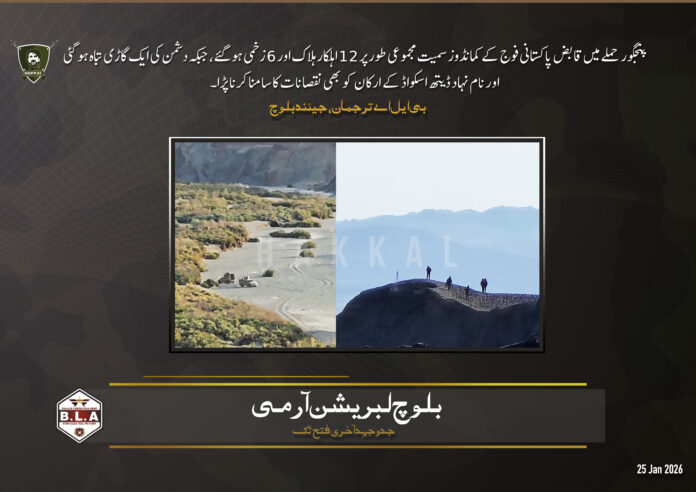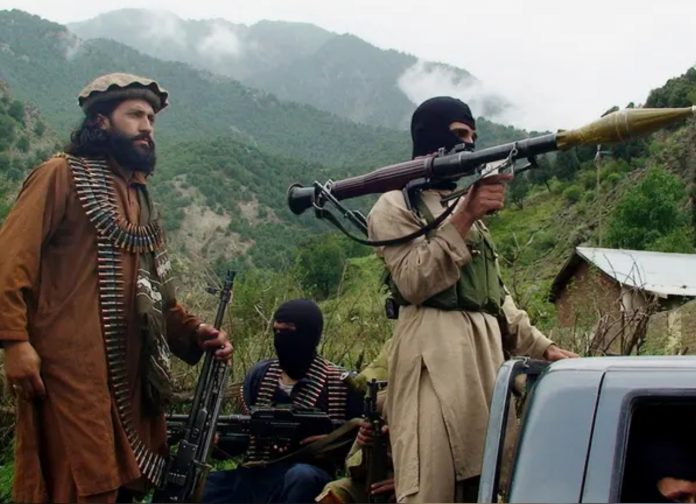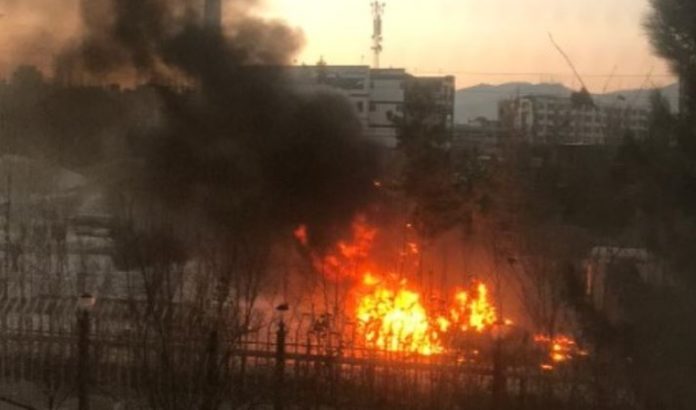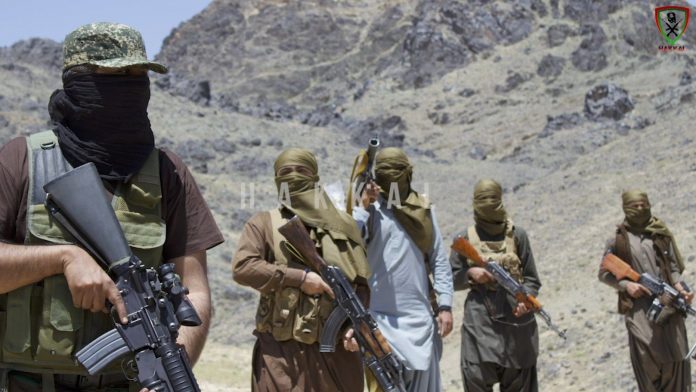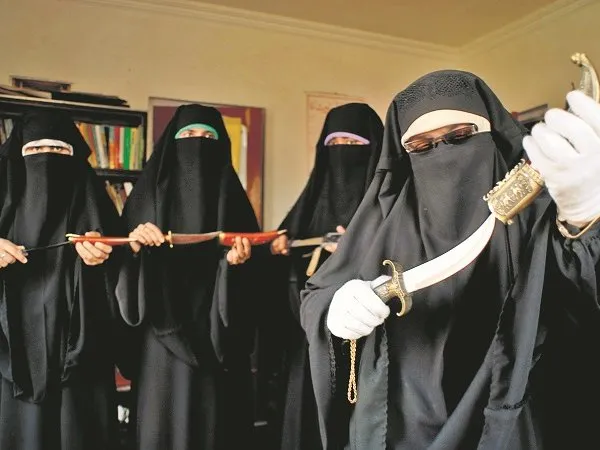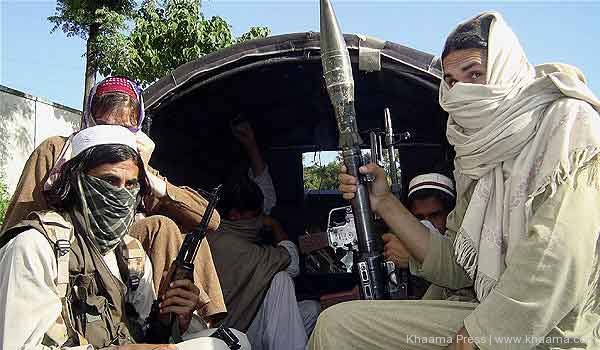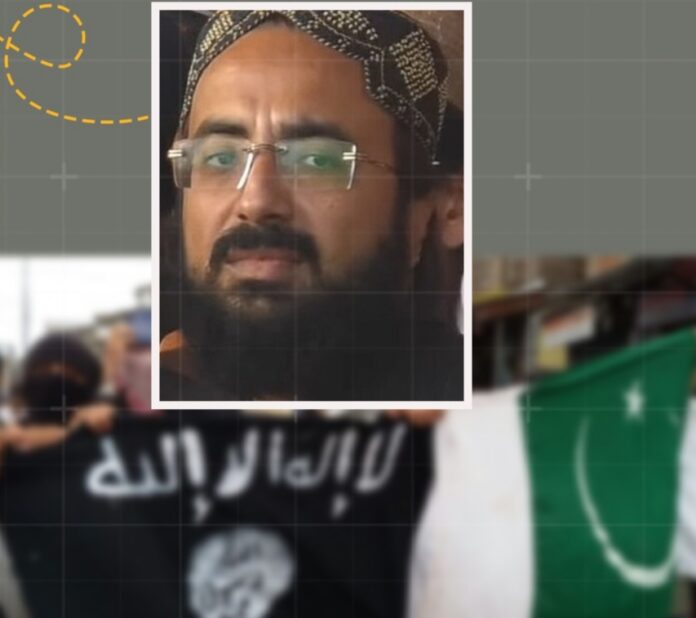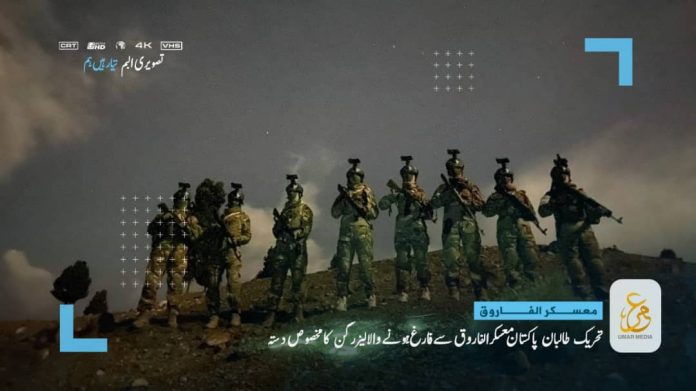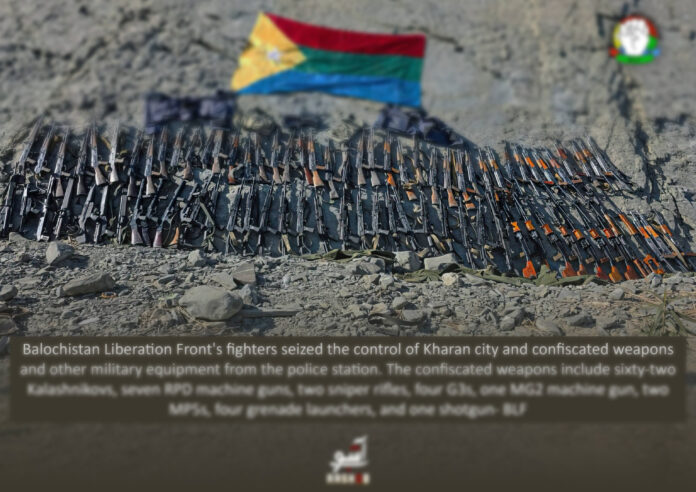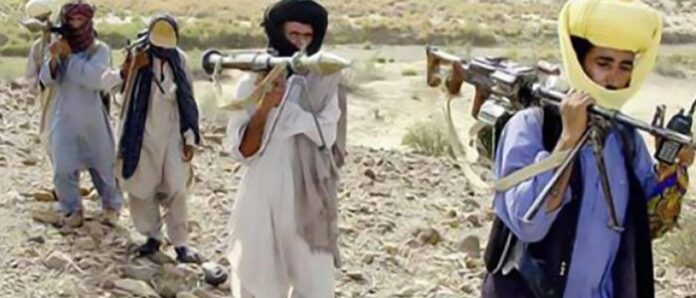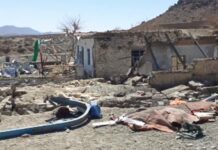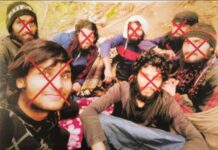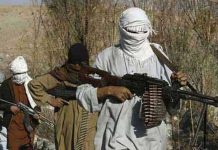Column
By Afsara Shaheen
The January 19, 2026 suicide attack on a Chinese restaurant in Kabul, which killed one Chinese national and six Afghans, and injured at least another five Chinese nationals, was strongly condemned by Beijing.
Claimed by Islamic State Khorasan Province (ISKP), the attack was executed in a heavily-guarded area of the capital, once again exposing the persistent gap between Taliban assurances of security and ground realities.
It also highlights the deepening security dilemma Beijing faces in Afghanistan, despite its sustained diplomatic engagement with the Taliban regime.
China has positioned itself as Afghanistan’s most significant external economic partner since the Taliban takeover in August 2021, and evidence of rising security risks underscore the fragility of its operational calculus in a volatile environment.
Since the Taliban’s return to power, China has pursued a pragmatic approach driven by security concerns and economic interests rather than ideological alignment.
Beijing has kept its Embassy operational, hosted Taliban delegations, and signalled openness to deeper cooperation, while avoiding formal recognition.
Afghanistan is viewed through a dual lens: as a potential source of instability threatening China’s western periphery and Xinjiang, and as a country rich in untapped mineral resources that could be integrated into China’s broader Belt and Road Initiative framework.
This engagement has, however, remained cautious, incremental, and heavily conditioned by security considerations.
Chinese investments in Afghanistan are concentrated primarily in the extractive sector.
The most prominent is the long-stalled Mes Aynak copper project in Logar province, awarded to a Chinese consortium in 2007, which has failed to become operational due to a combination of persistent insecurity, the absence of supporting infrastructure, bureaucratic delays, and the presence of significant archaeological remains at the site.
Despite repeated Taliban assurances and renewed discussions since 2022, no large-scale extraction has commenced, underlining the gap between contractual commitments and actual capital deployment.
In addition, Chinese firms have shown interest in oil extraction in the Amu Darya basin, as well as in Afghanistan’s reserves of lithium and rare earth elements.
Beyond resources, China’s involvement has included limited infrastructure development, humanitarian aid, and exploratory discussions on connectivity projects linking Afghanistan to Pakistan and Central Asia.
Despite Taliban efforts to court Chinese capital, progress on these projects has been slow, reflecting persistent insecurity, weak governance, and uncertainty over long-term returns.
Available evidence suggests that while investment commitments have been announced, actual capital deployment remains minimal and highly selective.
Attacks targeting Chinese nationals have emerged as a critical constraint on Beijing’s Afghanistan policy.
Since 2022, Chinese citizens and facilities have been repeatedly targeted, including assaults on hotels frequented by Chinese nationals, shootings near Chinese projects, and now a suicide bombing at a Chinese restaurant in Kabul.
According to SATP data, at least eight Chinese nationals were killed in cross-border attacks originating from Afghan territory in November-December 2025 alone, including three Chinese workers killed on November 26, 2025, when a drone allegedly launched from Afghanistan struck a workers’ camp in Tajikistan.
Five Chinese citizens were killed on December 2, 2025, in two separate cross-border attacks from Afghanistan.
The January 2026 Kabul suicide bombing brings the confirmed death toll of Chinese nationals linked to Afghan-based violence to at least nine within a span of less than two months.
ISKP has explicitly placed Chinese nationals on its target list, framing attacks as retaliation for China’s policies in Xinjiang and its engagement with the Taliban.
These attacks serve a dual purpose for ISKP: undermining the Taliban’s claims of having restored security and deterring foreign investment that could strengthen the regime.
The targeting of Chinese interests, therefore, is not incidental but central to the group’s broader strategy.
For the Taliban, protecting Chinese nationals carries strategic importance, as China remains one of the very few major powers willing to engage economically and diplomatically with the regime without political conditionalities.
Yet, despite deploying security personnel and conducting investigations after major incidents, the Taliban has struggled to neutralise ISKP networks operating in urban centres.
Intelligence gaps, factional weaknesses, and limited counter-terrorism capacity continue to allow highprofile attacks, particularly in Kabul.
Although precise official figures are not publicly available, opensource assessments indicate that the Chinese presence in Afghanistan is relatively small but strategically significant, comprising several dozen to over a hundred individuals at any given time.
These include diplomats, engineers, technical experts, and workers linked to mining, energy, infrastructure, and commercial ventures.
Chinese nationals are primarily concentrated in Kabul, where the Chinese Embassy, business establishments, and residential facilities are located, as well as at select project sites, including the Mes Aynak copper mine in Logar Province and exploratory energy locations in northern Afghanistan.
Their visibility, limited numbers, and clustering around identifiable sites increase vulnerability.
China’s risk assessment in Afghanistan is complex.
While disengagement risks allowing hostile militant groups greater operational space, sustained engagement exposes Chinese citizens and assets to repeated attacks with limited economic payoff.
Unlike Pakistan or parts of Africa, where Chinese investments are backed by substantial state-to-state security frameworks and clearer strategic returns, Afghanistan remains a high-risk theatre offering uncertain benefits.
The repeated targeting of Chinese nationals, particularly in late 2025 and early 2026, has reinforced corporate and policy-level caution within China, constraining the willingness of Chinese firms to translate political engagement into substantive investment.
This has placed growing pressure on Beijing to balance strategic patience with domestic expectations regarding the safety of its citizens abroad.
A media report quoting analysts on Chinese investment noted that conditions “for a huge investment simply do not exist in Afghanistan” due to instability and absence of sustained security, reinforcing that Chinese firms are reluctant to make large-scale capital commitments under current circumstances.
In the near term, China is likely to continue its cautious engagement, combining diplomatic support with intensified demands for security guarantees from the Taliban.
However, unless the Taliban demonstrates tangible success in suppressing ISKP and preventing attacks on foreign nationals, Chinese involvement in Afghanistan is likely to remain limited, slow-moving, and tightly securitised.
The Kabul attack is a stark reminder that, for China, Afghanistan remains a space where strategic ambitions are persistently constrained by enduring insecurity.
(Disclaimer: Afsara Shaheen is a Research Associate with the Institute for Conflict Management. The views expressed in the column are hers only).

